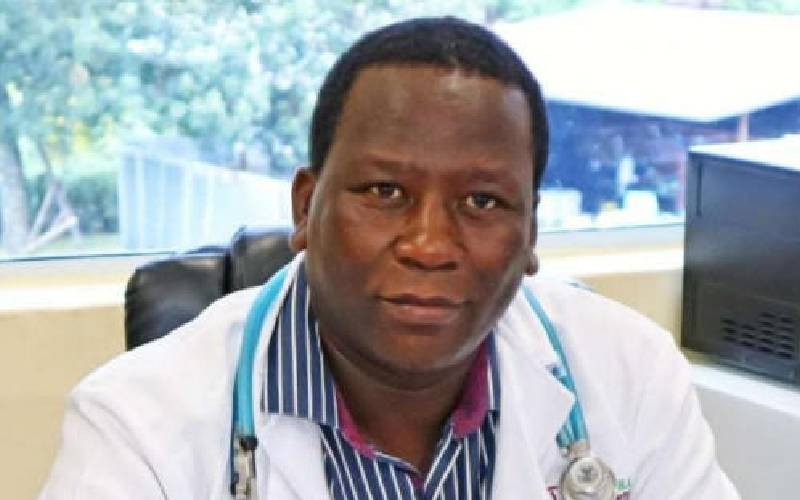
At 10 years of age, Florentius Koech fell sick and was admitted to an isolation ward for three months.
His health was deteriorating daily, but doctors could not figure out why. Despite different medications, his condition worsened until a visiting American doctor examined him and ordered drugs from abroad, before flying out.
Two weeks later, Koech regained his health, despite a paralysed left leg. He was discharged and he later recovered at home.
Facts First
This story continues on The Standard INSiDER. Subscribe now for unfiltered journalism that holds power to account.
Already have an account? Login
 The Standard Group Plc is a multi-media organization with investments in media
platforms spanning newspaper print
operations, television, radio broadcasting, digital and online services. The
Standard Group is recognized as a
leading multi-media house in Kenya with a key influence in matters of national
and international interest.
The Standard Group Plc is a multi-media organization with investments in media
platforms spanning newspaper print
operations, television, radio broadcasting, digital and online services. The
Standard Group is recognized as a
leading multi-media house in Kenya with a key influence in matters of national
and international interest.











